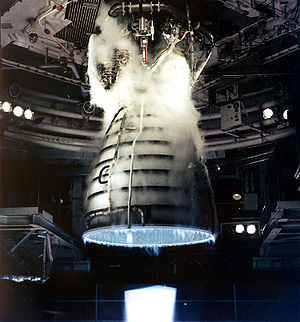Hydrogen is a chemical element with chemical symbol H and atomic number 1. With an atomic weight of 1.00794 u, hydrogen is the lightest element on the periodic table. Its monatomic form (H) is the most abundant chemical substance in the universe, constituting roughly 75% of all baryonic mass. Non-remnant stars are mainly composed of hydrogen in its plasma state. The most common isotope of hydrogen, termed protium (name rarely used, symbol 1H), has a single proton and zero neutrons.The universal emergence of atomic hydrogen first occurred during the recombination epoch. At standard temperature and pressure, hydrogen is a colorless, odorless, tasteless, non-toxic, nonmetallic, highly combustible diatomic gas with the molecular formula H2. Since hydrogen readily forms covalent compounds with most non-metallic elements, most of the hydrogen on Earth exists in molecular forms such as in the form of water or organic compounds. Hydrogen plays a particularly important role in acid–base reactions. In ionic compounds, hydrogen can take the form of a negative charge (i.e., anion) known as a hydride, or as a positively charged (i.e., cation) species denoted by the symbol H+. The hydrogen cation is written as though composed of a bare proton, but in reality, hydrogen cations in ionic compounds are always more complex species than that would suggest.As the simplest atom known, the hydrogen atom has had considerable theoretical application. For example, the hydrogen atom is the only neutral atom with an analytic solution to the Schrödinger equation.Hydrogen gas was first artificially produced in the early 16th century, via the mixing of metals with acids. In 1766–81, Henry Cavendish was the first to recognize that hydrogen gas was a discrete substance, and that it produces water when burned, a property which later gave it its name: in Greek, hydrogen means "water-former".Industrial production is mainly from the steam reforming of natural gas, and less often from more energy-intensive hydrogen production methods like the electrolysis of water. Most hydrogen is employed near its production site, with the two largest uses being fossil fuel processing (e.g., hydrocracking) and ammonia production, mostly for the fertilizer market.Hydrogen is a concern in metallurgy as it can embrittle many metals, complicating the design of pipelines and storage tanks.




Comment
0